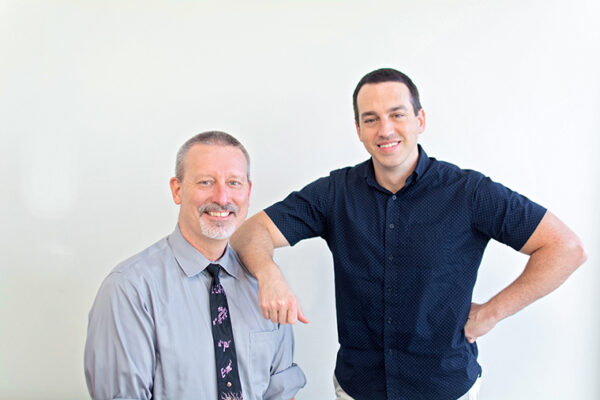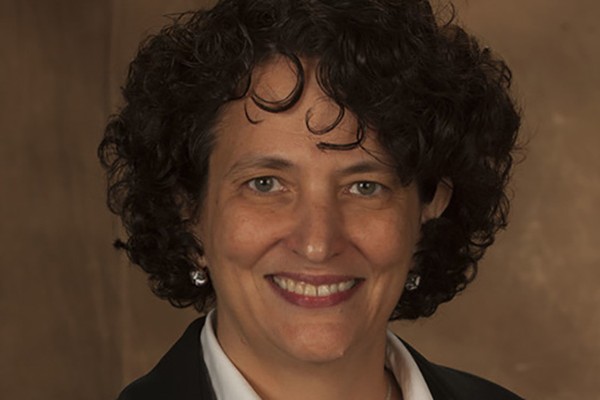A strategic planning update
Get an update on the university’s strategic planning process from Provost Beverly Wendland.
Hookworms have potential to protect soldiers from chemical, biological weapons
Researchers at Washington University School of Medicine have received a grant to develop the next generation of personal protective equipment for combat troops, harnessing the genetics of hookworms.
Olin’s MBA entrepreneurship program earns top ranking
Olin Business School took the top spot for the third consecutive year in a ranking of master’s in business administration entrepreneurship programs by business education news outlet Poets & Quants. The online publication unveiled the rankings Oct. 25.
Barnes, Loomis win Packard grant for increasing diversity in STEM
Jonathan Barnes and Richard Loomis, both in the Department of Chemistry in Arts & Sciences, won a four-year $90,000 grant from the David and Lucile Packard Foundation for the recruitment and retention of underrepresented graduate students in chemistry’s doctoral program.
Parking offers update
Parking and Transportation Services shares important updates on the pending parking management system upgrade and upcoming event parking changes in its October newsletter.
Memorial service set for Mel Brown
A memorial service in celebration of the life of former university trustee Mel Brown will be held at 11 a.m. Oct. 23 in Graham Chapel.
Allen recognized for legal work
Monica J. Allen, vice chancellor and general counsel at Washington University, is being honored by Missouri Lawyers Media for her work with a Women’s Justice Award.
BJC HealthCare to begin construction on new tower at Barnes-Jewish Hospital
BJC HealthCare soon will break ground on a 16-story inpatient hospital tower at Barnes-Jewish Hospital. The new tower is an important component of BJC’s Campus Renewal, a long-term vision to transform the Medical Campus to improve the experiences of patients and families.
Bolton receives cancer research foundation award
Kelly L. Bolton, MD, PhD, assistant professor of medicine at the School of Medicine, is one of six early-career physician-scientists to receive the 2021 Damon Runyon Clinical Investigator award from the Damon Runyon Cancer Research Foundation.
Time until dementia symptoms appear can be estimated via brain scan
Researchers at Washington University School of Medicine have developed an approach to estimating when a person who is likely to develop Alzheimer’s disease, but has no cognitive symptoms, will start showing signs of Alzheimer’s dementia.
View More Stories









